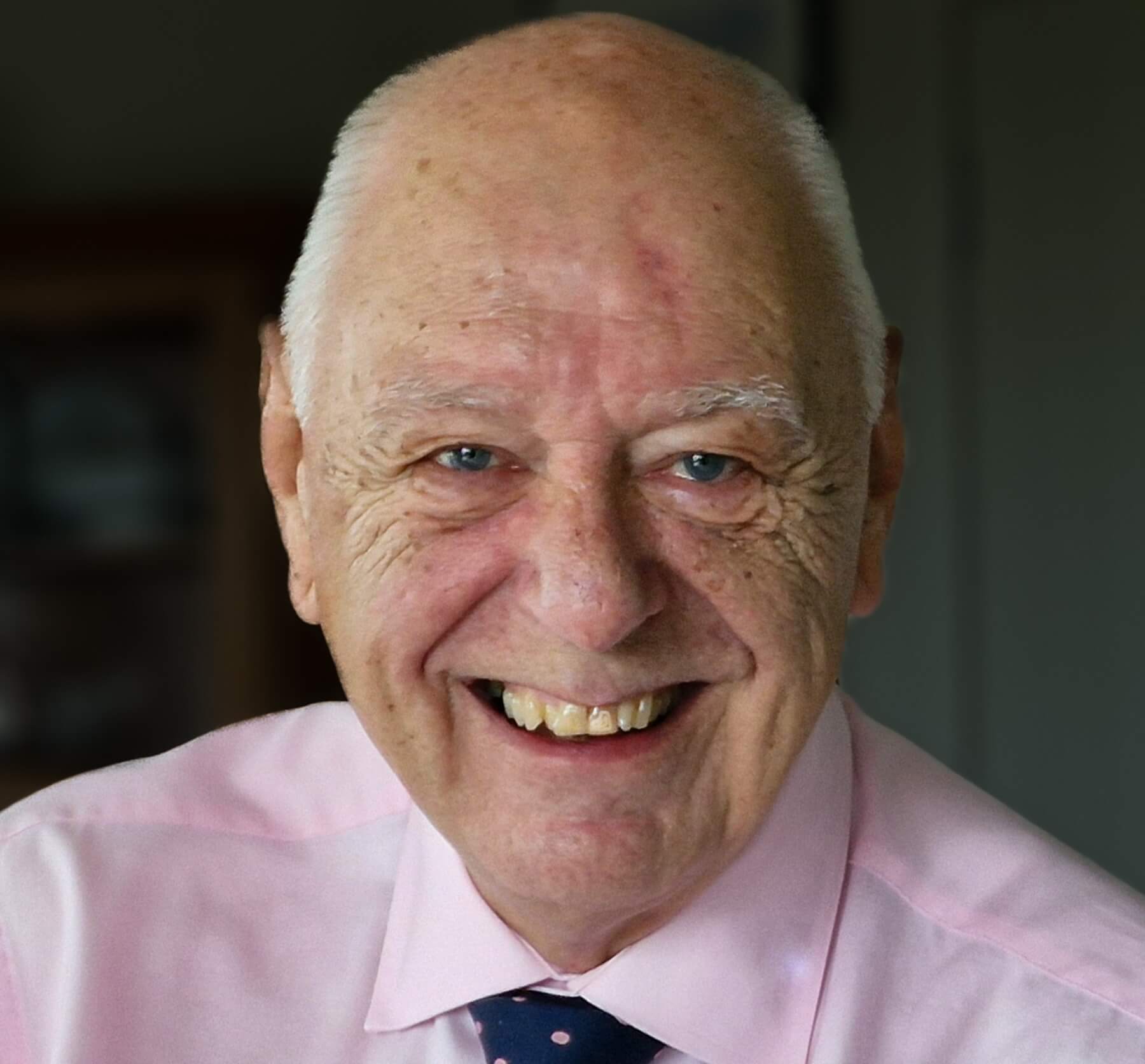
Cambridge ward
Roger Gordon – Cambridge Ward
1. Operational Deficits and Borrowing (maximum 100 words)
Waipā is currently running operational deficits over three years, which reduces the annual rates increase by around 4%. To fund this gap, the council is borrowing an average of $8 million per year.
a. Were you aware of this funding strategy?
b. Do you agree with the approach of borrowing to fund operational shortfalls as prudent rather than raising rates to fully fund current operations? Why or why not?
I was aware of the funding strategy. I do not agree with borrowing to cover operational shortfalls as it is not sustainable and masks the true level of rates required. Elected members must have proper oversight of budgets to ensure accountability, and I opposed the high rates increase without being able to review the detail. Transparency is essential. Information obtained later through LGOIMA showed staff growth that could have been managed more efficiently. Savings should be found before turning to debt. Council must live within its means, just as households and businesses do.
2. Ahu Ake – Waipā Community Spatial Plan (maximum 100 words)
The council has adopted the “Ahu Ake – Waipā Community Spatial Plan” as a long-term vision to guide growth and infrastructure planning.
a. Do you support the direction and priorities set out in Ahu Ake?
b. Given that the plan proposes a number of costly studies how would you ensure that it remains relevant, affordable, and aligned with community needs over time?
I supported Waipā developing its own spatial plan so that our district can shape its future rather than being subsumed into a regional approach. The consultation was genuine and engaging, with many groups contributing. It provides a high-level framework to guide growth. The challenge now is ensuring it remains relevant, affordable, and community-driven. That requires ongoing review, open communication, and a disciplined approach to the many studies proposed. This must not become a costly exercise in theory. It should be practical, evidence-based, and accountable to residents, with community priorities at its heart.
3. Cambridge Connections (maximum 100 words)
The Cambridge Connections project reset proposes a transport network realignment and new infrastructure development around Cambridge, with potential long-term cost across the district and land use implications as well as extensive consultation.
a. Do you support the scale and scope of the Cambridge Connections project as currently proposed?
b. How should costs and impacts be managed to ensure fairness to ratepayers and affected communities?
I support the Cambridge Connections reset because it places strong emphasis on genuine community consultation. We must not repeat the mistakes of the “Blue Blob,” where the process left the public unconvinced. The project must present clear evidence to support its recommendations. While a new bridge corridor is important, it cannot be the sole focus. Immediate issues of congestion, parking, public transport, and northern access must be addressed as well. Meeting project deadlines is critical to maintaining momentum and confidence. Ratepayers need assurance that costs are fair, transparent, and proportionate across the district.
4. Council Expenditure and Core Services (maximum 100 words)
a. In your view, is Waipā District Council currently limiting its spending to basic or essential services?
b. If elected, would you support a review of current expenditure with a view to reducing non-essential costs and/or staffing levels?
Waipā is not currently limiting its spending to core services. Ratepayers expect essentials such as roads, water, and waste to come first. New government legislation will require councils to prioritise these basics and move away from the four well beings. Our staff numbers have increased significantly over the last decade, and with 3 Waters transferring staff to a new entity, we will have an opportunity to review and right-size the organisation. This is the moment to refocus on efficiency and affordability. Ratepayers must see value for money, with spending aligned to community priorities, not discretionary extras.
5. Urban Intensification and Tier 1 Status (maximum 50 words)
Waipā must now enable greater housing intensification and density under new rules.
What principles should guide where and how higher-density housing is developed?
Higher density housing should provide affordability while protecting Waipā’s character. Cambridge must offer more diverse options, like Bridges Trust development, so families and young people can live here. Intensification belongs in well-serviced areas, not on prime farmland. Some areas can take higher densities such as going up in central areas.
6. Māori Ward Representation (maximum 50 words)
Waipā established a Māori ward to enhance Māori representation at the council table.
Do you support the continuation of the Māori ward beyond the current term?
I have consistently opposed Māori wards as a matter of principle. Ultimately, it is for voters to decide. If they endorse Māori representation, I will work constructively with the framework in place. My focus is ensuring every voice in Waipā has a fair say in council decision-making.
7. Community Boards (maximum 50 words)
Do you believe community boards effectively represent community views and provide valuable advice to council? Would you support any changes to their role or powers?
I strongly support Cambridge Community Board. It provides a valuable voice for local concerns, with the public forum giving residents direct access to decision-makers. During the Cambridge Connections “Blue Blob” issue, the Board was an effective advocate. I would not support changes that weaken its role. It could be expanded.
8. Te Ara Wai (maximum 50 words)
What do you think the council should do with the old Bunnings building in Te Awamutu, which it bought to house Te Ara Wai Museum?
The Bunnings purchase, based on advice at the time, was a misstep that—like Cambridge Connections’ “blue blob”—has contributed to public mistrust. With escalating Te Ara Wai costs and council’s “Back to Basics” focus, the project should be shelved and the building and lease sold to protect ratepayers.
9. Future of Lake Karāpiro Domain (maximum 50 words)
Lake Karāpiro Domain is often referred to as Waipā’s “jewel in the crown”. The site is currently being reviewed under the Reserves Act 1977, and future options may include increased commercial development such as hotel or motel accommodation.
Hamilton City Council now charges outsiders to visit the Gardens, should Waipā do something similar at Karāpiro?
Do you support further commercial development at Lake Karāpiro Domain and/or a visitors’ levy?
Lake Karāpiro is a jewel in the crown and brings major sporting and economic benefits to Waipā. I support adding accommodation to meet visitor demand, provided development is consistent with its recreation reserve status. A visitor levy is not appropriate. Commercial activities must complement, not compromise, its public purpose.
10. Finally, what is your vision for the Waipā district? (maximum 250 words)
We’ve been asked for a vision for Waipa. However my focus is on Cambridge, a town I am proud to call home. With growth from a rural service town of 32,000 (2023) to becoming a provincial centre of 50–60,000 people at some time in the future, we must plan carefully to protect our character while embracing opportunity. A ring road is vital to separate commuter traffic from shoppers, allowing our town centre to become people-focused and vibrant into the evening. Inner-town living will strengthen this community feel.
Cambridge’s suburbs will grow, with local convenience centres supporting daily needs and a reliable bus network connecting people to our retail and business centre. Growth on both sides of the river will bring a second public high school, alongside St Peter’s and Cambridge High, creating strong educational and sporting opportunities. Mixed tenure residential suburbs will provide a variety of affordable homes for a balanced community.
The developed industrial areas of the Waikato Airport and Hautapu with a thriving business and retail CBD will provide strong employment opportunities to support our growing town. Further international development of Waikato airport will feed economic and tourism growth.
Environmental stewardship must be central. We must care for our river and lakes — Waikati, Te Koo Utu, Ngā Roto, and Karāpiro — and support Maungatautari Mountain as a national treasure. Cycleways such as Pirongia and Kihikihi will expand recreation and tourism opportunities.
This is my vision: a thriving, connected Cambridge — maintaining the values we cherish while preparing for the future.









